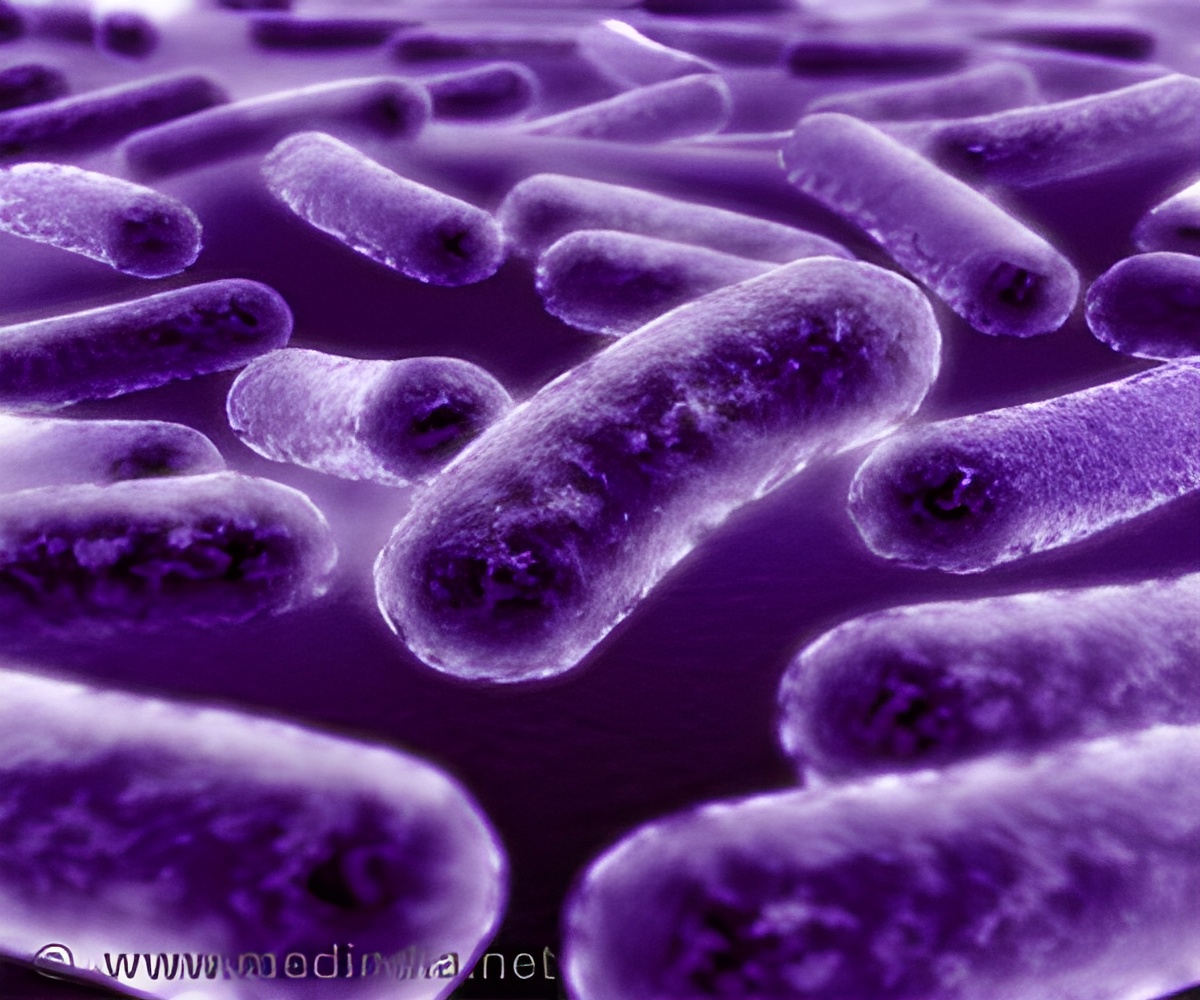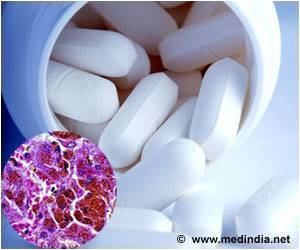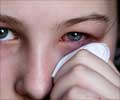The increase seen in resistance genes could have resulted from ingesting food containing resistant bacteria, or from contaminated water.

The researchers said, "The increase seen in resistance genes could have resulted from ingesting food containing resistant bacteria, or from contaminated water." Anders Johansson from Umea University in Sweden said, "We asked students going abroad on exchange programs to provide a sample of their feces before and after traveling."
The use of metagenomics sequencing, a modern method, enabled the team to sample the entire microbiome of each student, and to sequence every resistance gene therein, rather than focusing on resistance genes in those few bacterial species that grow well on culture plates. The investigators found a 2.6-fold increase in genes encoding resistance to sulfonamide, a 7.7-fold increase in trimethoprim resistance genes, and a 2.6-fold increase in resistance to beta-lactams, all of this without any exposure to antibiotics among the 35 exchange students.
The research was published in Antimicrobial Agents and Chemotherapy.
Source-IANS
 MEDINDIA
MEDINDIA




 Email
Email










